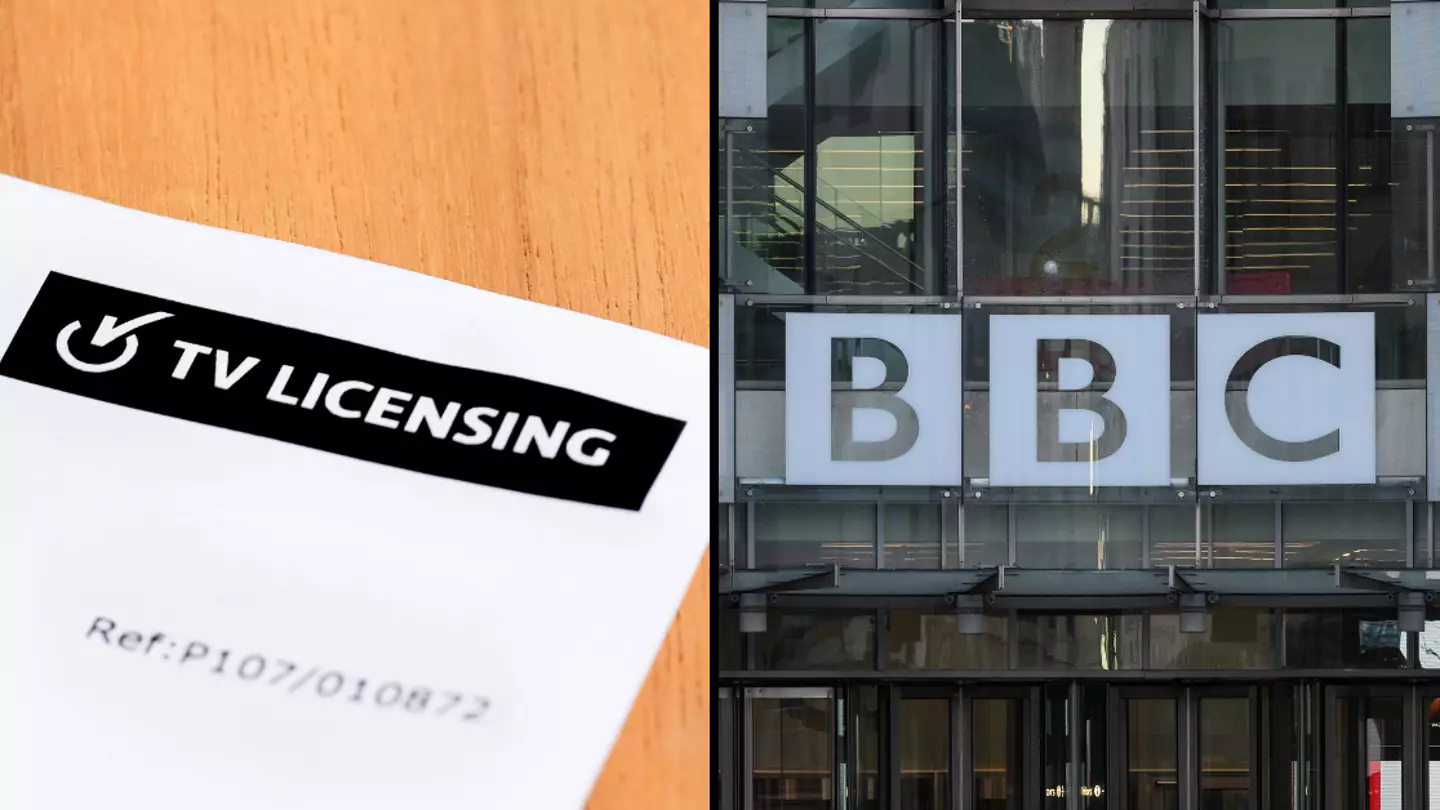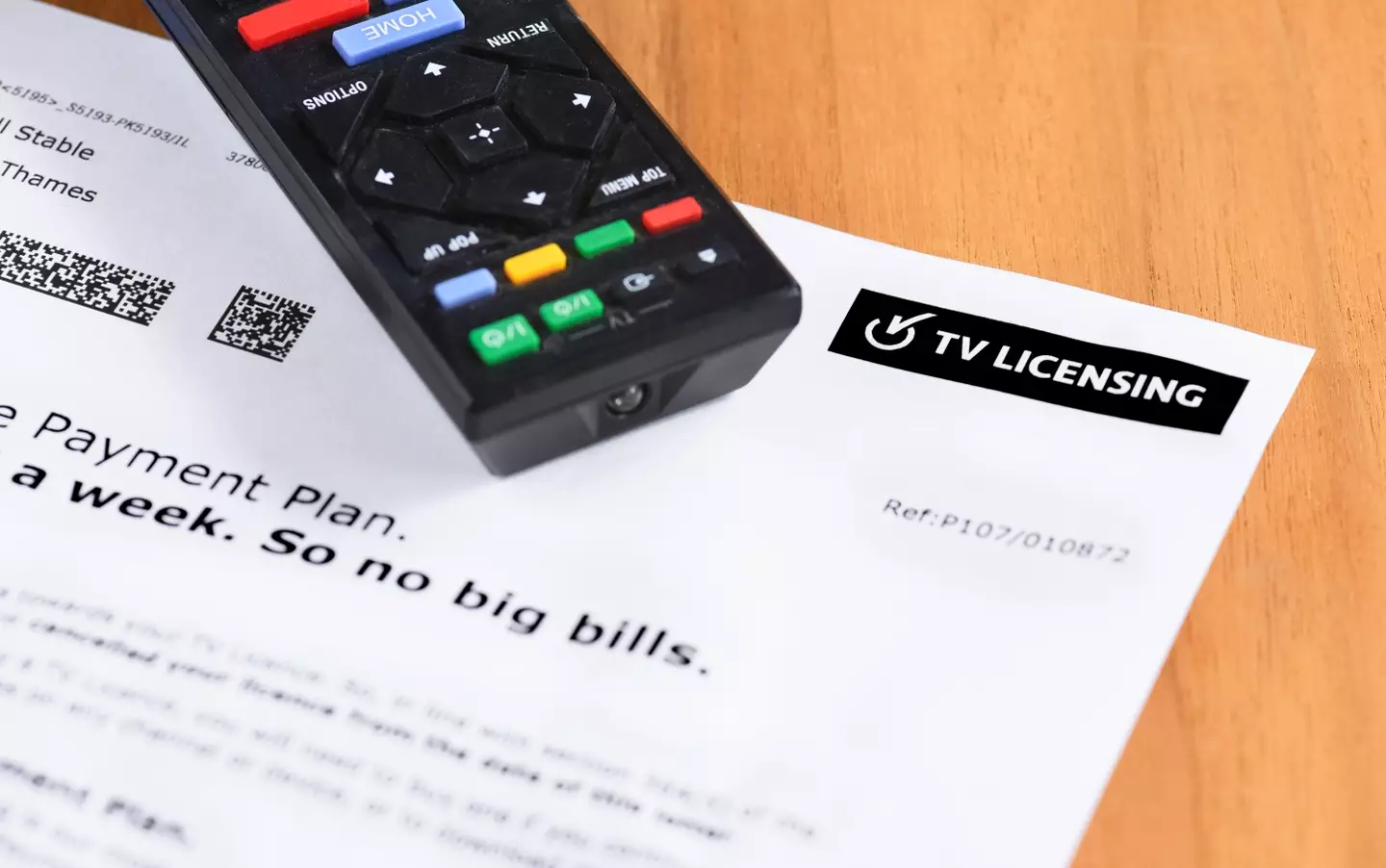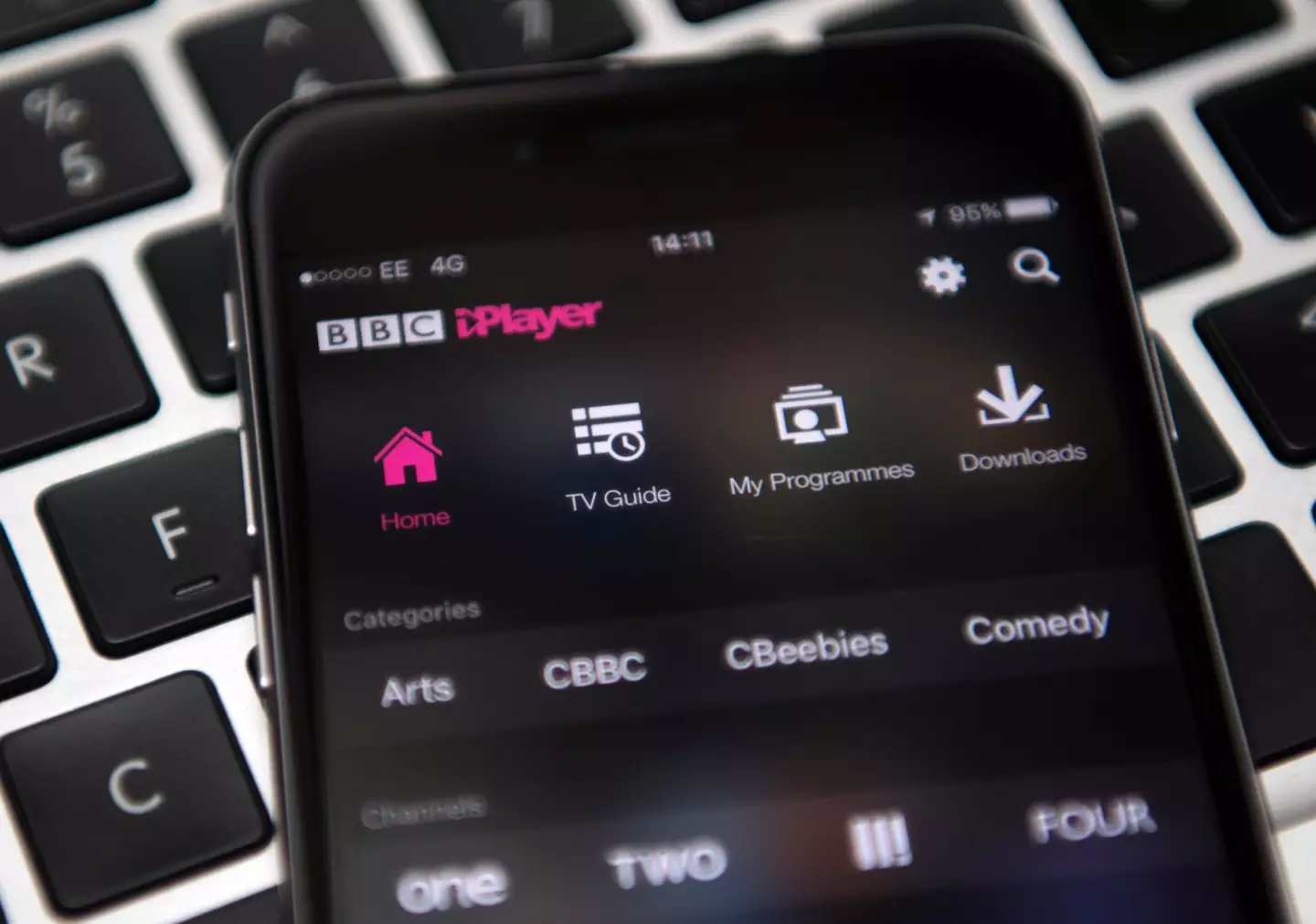
What happens to you if you don't pay your TV Licence is set to dramatically change for people right across the United Kingdom.
Costing almost £170 every year, the TV Licence is a necessity when it comes to watching live television on any channel, not just the BBC.
Whether you like it or not, you'll also need to pay it for tuning in to the BBC iPlayer or watching live content as it happens on streaming services such as Amazon Prime Video (the Premier League springs to mind). The same goes for those who plan on tuning in to Netflix to watch the Jake Paul vs Mike Tyson fight as it happens.
Advert
But things are now set to change for those who use services that require a TV Licence and don't pay.
What will happen to me if I don't pay my TV Licence?
Historically, those who don't pay for a TV Licence but watch live television are hauled before magistrates' courts where they can face fines of £1,000.
It is the second most common crime in the country, behind driving offences.
Advert
But that now looks set to change due to a new stance being taken by the new Labour government.
As reported by The Times, Lisa Nandy, the culture secretary, and Shabana Mahmood, the justice secretary, are said to be agreement when it comes to criminalising non-payment of the licence fee.
They are now preparing to change the law so that non-payment is not a criminal offence, with Nandy and Mahmood highlighting that women are being 'disproportionately' targeted by the system.
A senior government source said: “The administrative burden of policing non-payment of the licence fee should not be falling on the taxpayer. It should be carved out. It’s not worth the hassle it creates.”

Is the Licence Fee being scrapped?
Currently, there are no plans to get rid of the Licence Fee.
Advert
But the previous Conservative government had raised the concept of the funding model for the BBC moving to a voluntary subscription service; something the new Labour government is now reported to be looking in to as well.
Alongside subscription possibilities, Nandy is also said to be looking at other options to modernise the BBC that include adding further commercialisation and covering the fee through general taxation.
It comes after Prime Minister, Sir Keir Starmer, said in July that his Government is 'committed to the BBC and we are committed to the licensing arrangements'.
The current set up for the BBC will be guaranteed until at least 31 December, 2027, when a new royal charter will come in to play.
Here, the funding method for the BBC will be confirmed alongside the ethics and purpose of the organisation.
Advert

Do you go straight to court for not paying your TV Licence?
TV Licensing stresses that you will only go to court over non-payment after 'considerable' attempts to raise the issue with you have been taken.
On prosecutions, a TV Licensing spokesperson said: “We have a duty to enforce the law when there is evidence that someone has avoided paying for a TV Licence.
"What we have done is made considerable efforts to help people get licensed and offer help and support. So, while we take appropriate action where necessary, we work hard to support those most in need, offering a number of concessions and payment plans to ensure people can obtain a licence in the way that suits them best.
Advert
"Our focus on collecting the licence fee fairly and efficiently ensures that the overwhelming majority of households are correctly licensed."